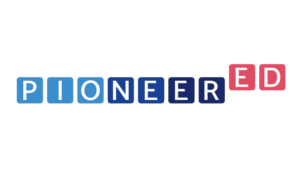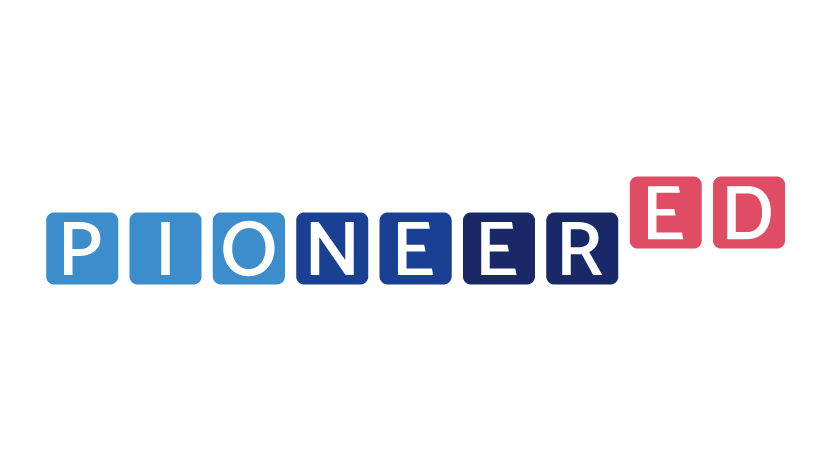The project at a glance
-
Start date:01 Mar 2021
-
Duration in months:36
-
Funding:EU
-
Principal Investigator(s):Prof. Dr. Andreas HadjarDr. Juliette E TorabianDr Aigul Alieva (external)Dr Solvejg Jobst (external)Dr Andreas Erziger (external)Prof. Dr Istvan Toth (external)Dr Hanna Siarova (external)Prof. Dr Emer Smyth (external)Prof. Dr Irena Kogan (external)Prof. Dr Sabine Bollig (external)Prof. Dr Jan Skrobanek (external)Prof. Dr Auli Toom (external)Prof. Dr Susana Vasques (external)
Organisation and Partners
- Department of Social Sciences
- Faculty of Humanities, Education and Social Sciences (FHSE)
- LISER: Luxembourg Institute of Socio-Economic Research
- University of Bern
- University of Mannheim & University of Trier
- University of Bergen & Western Norway University of Applied Sciences
- Complutense University of Madrid
- University of Helsinik
- Tarki Social Research Institute
- PPMI: Public Policy and Management Institute
Project team
-
Prof. Dr. Andreas Hadjar
-
Dr. Juliette E Torabian
-
Dr Aigul Alieva
LISER
-
Dr Solvejg Jobst
Western Norway University of Applied Sciences
-
Dr Andreas Erziger
University of Bern
-
Prof. Dr Istvan Toth
TARKI
-
Dr Hanna Siarova
PPMI
-
Prof. Dr Emer Smyth
ESRI
-
Prof. Dr Irena Kogan
Mannheim University
-
Prof. Dr Sabine Bollig
Trier University
-
Prof. Dr Jan Skrobanek
University of Bergen
-
Prof. Dr Auli Toom
University of Helsinki
-
Prof. Dr Susana Vasques
Universidad de Complutense
Keywords
- Education
- sociology
- equity
- equality
- intersectonality of inequalities
- life course approach
- policy analysis
- mixed-method research

